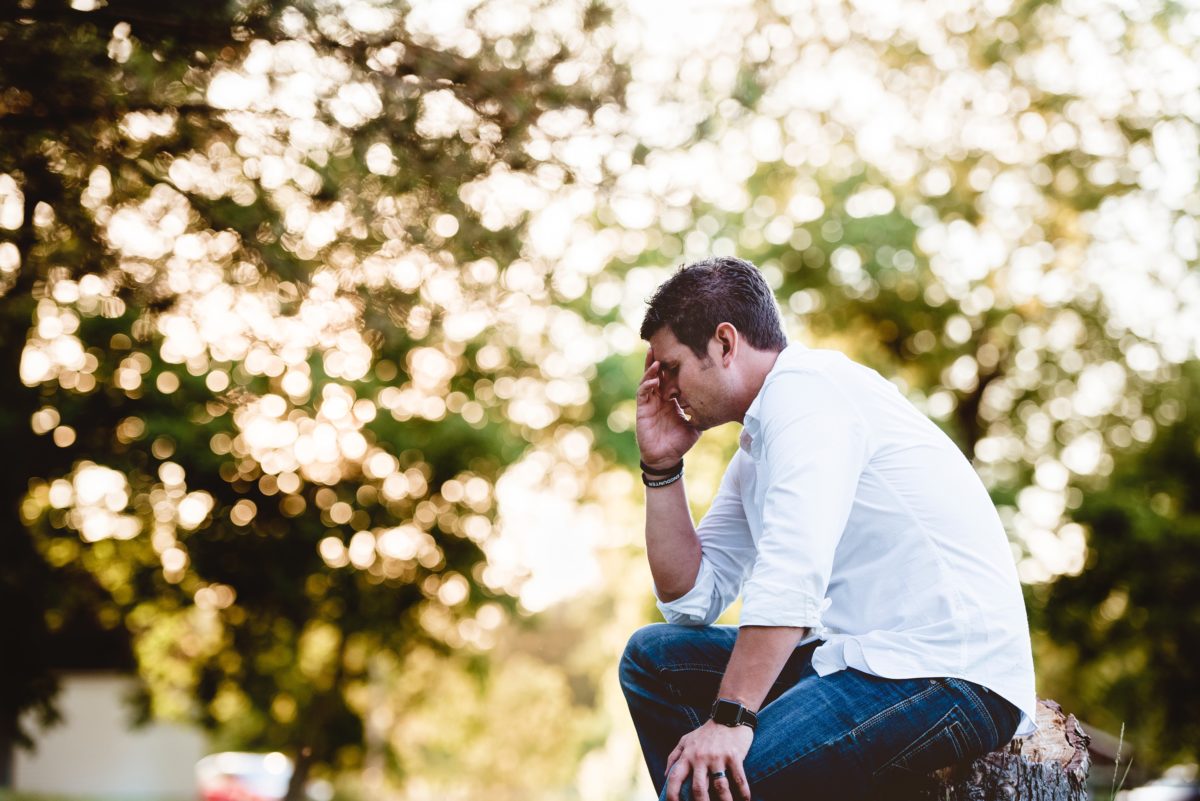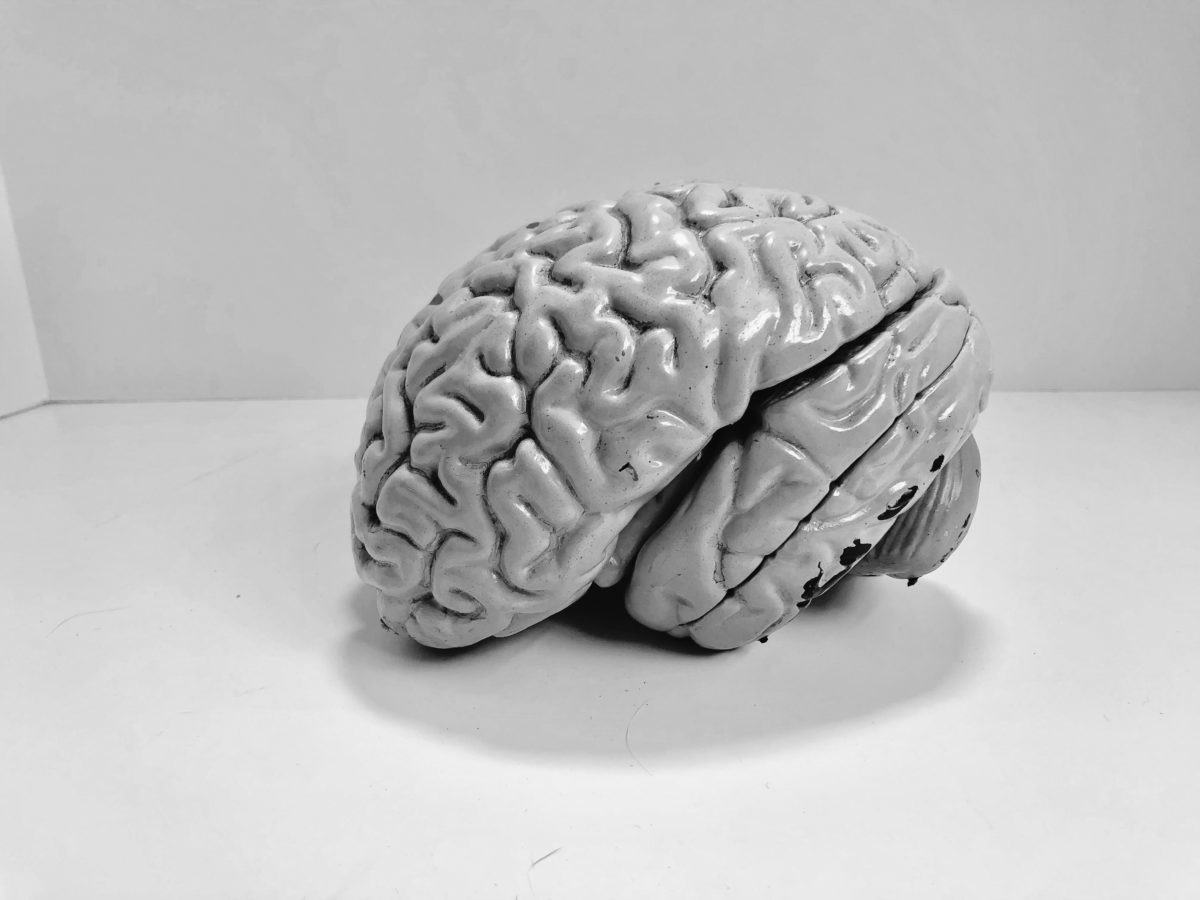Feeling powerless to change a habit?Science tells us that it’s all in your head.
Amelia Tan, Senior Innovations Manager, NamZ Pte. Ltd., Director, ToroZ Pte. Ltd.
Humans are all creatures of habit. Routines, rites and rituals, however you may call them, they accompany us through life. Habits are created in the conscious but pass quickly into the subconscious and then eventually get repeated without much questioning.
Habits are a way to help us connect with others and they allow us to be part of a community. Like all things, we like them the way we like them. Our habits and routines give us comfort, make us feel better, engage with others more easily, express who we are, and who we aspire to be.
One of the key ways to make a start towards resolving the Nutritional Paradox and lighten the burden of the current food system on the planet, is to make changes to our diets and habits personally, setting an example for others to follow.

So how hard is it really to break a habit?
We dived into agencies and authorities who have done extensive work in the consumer science behind habit formation, as well as what really goes on in the brain as this happens.
Food is a part of many “habits”
BBDO, a New York advertising agency network, ran a 9-month study speaking to more than 6,000 people in 28 countries about what shapes their habits, deriving 5 core rituals that everyone follows, each of which represents an emotional state that influences behaviour1.
In every one of these 5 universal daily rituals2 – eating is a common thread. Think of your own daily rituals – do you resonate with having a morning coffee/tea ritual, having breakfast over a newspaper, with the family or grabbing a quick bite on the commute to work, lunch with colleagues, having a home-cooked dinner to gather to at the end of the day, or pizza, beer and the game at the bar on a Friday night.
Weekday evenings are often characterized by fast, easy meals eaten with regularity. Weekends and special occasions often see more risk-taking, a certain level of adventure, or a higher level of indulgence. It is also a time of more conscious connection with each other.
In our ritualised day-to-day lives, the presence of community, emotional triggers, stresses allow bad habits to sneak in. How many of us would be guilty of over-ordering ‘just to see how this tastes’ or just because they were really hungry and everything appealed to them, and how many of us would be guilty of reaching out for that chocolate bar, candy bar, or a pack of crisps, or grabbing that quick fast-food take out because it’s late and there’s just no time for a proper sit-down meal?
At times, life tells us there’s so much going on, cut us some slack – it’s okay to indulge and not take care of ourselves once in a while. Or is it?

How Habits are Formed
In his book, “The Power of Habit”, Pulitzer-Prize winning writer Charles Duhigg3 explains that every other habit-forming activity follows the same behavioural and neurological patterns.
Every habit starts with a psychological pattern called a “habit loop”, which is a three-part process.
- First, there’s a cue or trigger, that tells your brain to go into automatic mode and let a behaviour unfold.
- Then, it is followed by the routine, which is also the behaviour itself. The action is what we think about when we recall our habits.
- The third part is the reward – something that our brain likes, that helps it to remember the habit loop in the future.
Neuroscientists have traced decision making to a part of the brain called the orbitofrontal cortex – a small region of the prefrontal cortex.
Over-time, neurochemicals known as endocannabinoids4 allow for a habit to take over and less activity is seen in the prefrontal cortex – rather, the basal ganglia takes over5, which also plays a key role in the development of emotions, memories and pattern recognition.
“In fact, the brain starts working less and less,” says Duhigg. “The brain can almost completely shut down. … And this is a real advantage because it means you have all of this mental activity you can devote to something else.”
That’s why it’s easy — while driving or parallel parking to completely focus on something else: like the radio, or a conversation you’re having6. That’s why it’s also easy to have great epiphanies in the shower. “You can do these complex behaviours without being mentally aware of it at all,” he says. “And that’s because of the capacity of our basal ganglia: to take a behaviour and turn it into an automatic routine.”

How to break and make a change
Take a Vacation
Studies have shown that people will perform automated behaviours — like brushing one’s teeth or reaching into the refrigerator for something sweet right after dinner — the same way every single time, if they are in the same environment.
In our everyday universal rituals and habits, people get irritated when their ritual gets disrupted or goes wrong. People also get anxious if an external trigger encroaches on this time.
But if we take a vacation, cues have changed and patterns are broken up. We wake up and do things in a different order and it’s likely that the behaviour will change.
That’s also one of the reasons why taking a vacation is so relaxing: It helps break certain habits.
“It’s also a great reason why changing a habit on a vacation is one of the proven most-successful ways to do it,” Duhigg says. “If you want to quit smoking, you should stop smoking while you’re on vacation — because all your old cues and all your old rewards aren’t there anymore.
You end up with an ability to form a new pattern and hopefully be able to carry it over into your life.”
The challenge is not to sink right back into the moment you are back in the everyday status quo – and that’s where point 2 and 3 come in.

Don’t do it on your own.
There is also power in letting others know that you have committed to making an active change – that others also hold you accountable for your actions. By setting a goal to change and allowing yourself to be accountable to someone or a group of people for doing what you said you would do, you have activated the power of social expectations.
The American Society of Training and Development7 did a study on accountability and found that you have a 65% chance of completing a goal if you commit to someone. And if you have a specific accountability appointment with a person you’ve committed, you will increase your chances of success by up to 95%.
Need more tips on staying accountable? Check out how to Increase the Odds of Reaching your Goals by 95%.
Create your own list of mental role models – real people that you know.
At some point, if you’re changing a really deep-seated behaviour, you’re going to have a moment of weakness. That could be getting across the hurdle of getting fit and resuming a healthy lifestyle with regular exercise.
If you have a community of people who are doing just the same thing as you are, at that very moment of weakness, if you can look across a room at Jim, Jenna, John, or Joanna and think to yourself, ‘He’s/She’s struggled with being overweight for 10 years of her life, and he/she got back in a healthy lifestyle. If they could do it, I can definitely do it too.”
There is huge power in building yourself mental role models – role models that are real, vulnerable, weak but have done it – and gotten to where you want to be.
Lastly, break your own cycle of disbelief.
It’s never too late to break a habit. Habits are malleable throughout our entire lives. We’ve all heard stories of fathers quitting alcoholism for the sake of their families, and men who completely stopped their consumption of anything with sugar the moment they learnt that they had gotten Type II diabetes.
We all have stories. Some of them may be our own too.
You now know that the best way to change a habit is to understand its structure — that once we are aware of the cue and the reward – and consciously recognize what those factors are in governing our behaviour, it becomes much easier to make a conscious change.
Find some inspiration in the Official Health & Fitness Thread 2019 to see how others in the community are making change!
REFERENCES
1. https://docplayer.net/36898796-B-b-d-o-the-ritual-masters.html
2. https://adage.com/article/news/rites-bbdo/116754
3. Duhigg, Charles. The Power Of Habit: Why We Do What We Do In Life And Business. New York: Random House, 2012. Print.
4. https://ucsdnews.ucsd.edu/pressrelease/how_the_brain_makes_and_breaks_a_habit
5. https://www.amenclinics.com/the-science/about-your-brain/
6. http://news.mit.edu/2012/understanding-how-brains-control-our-habits-1029